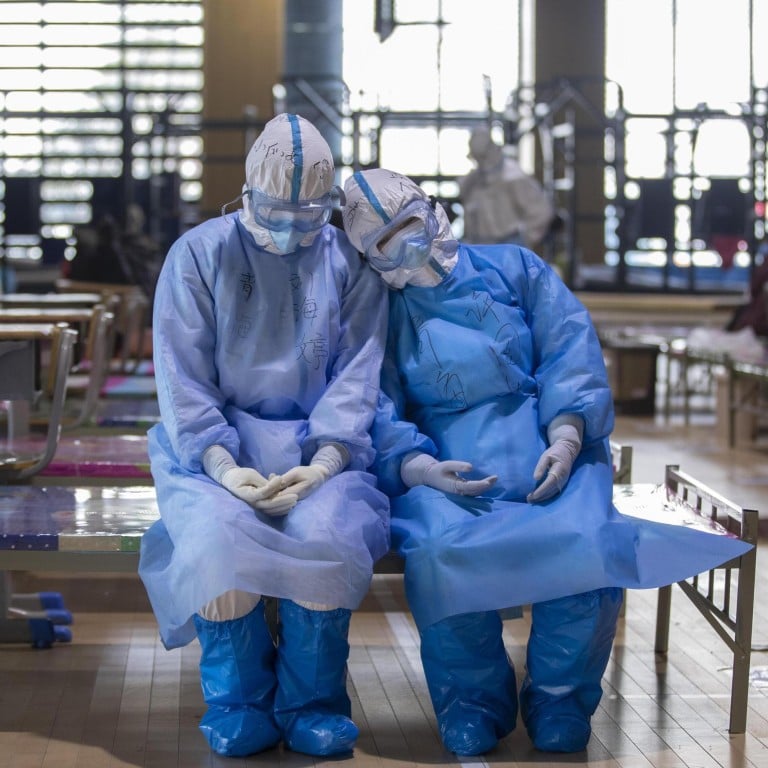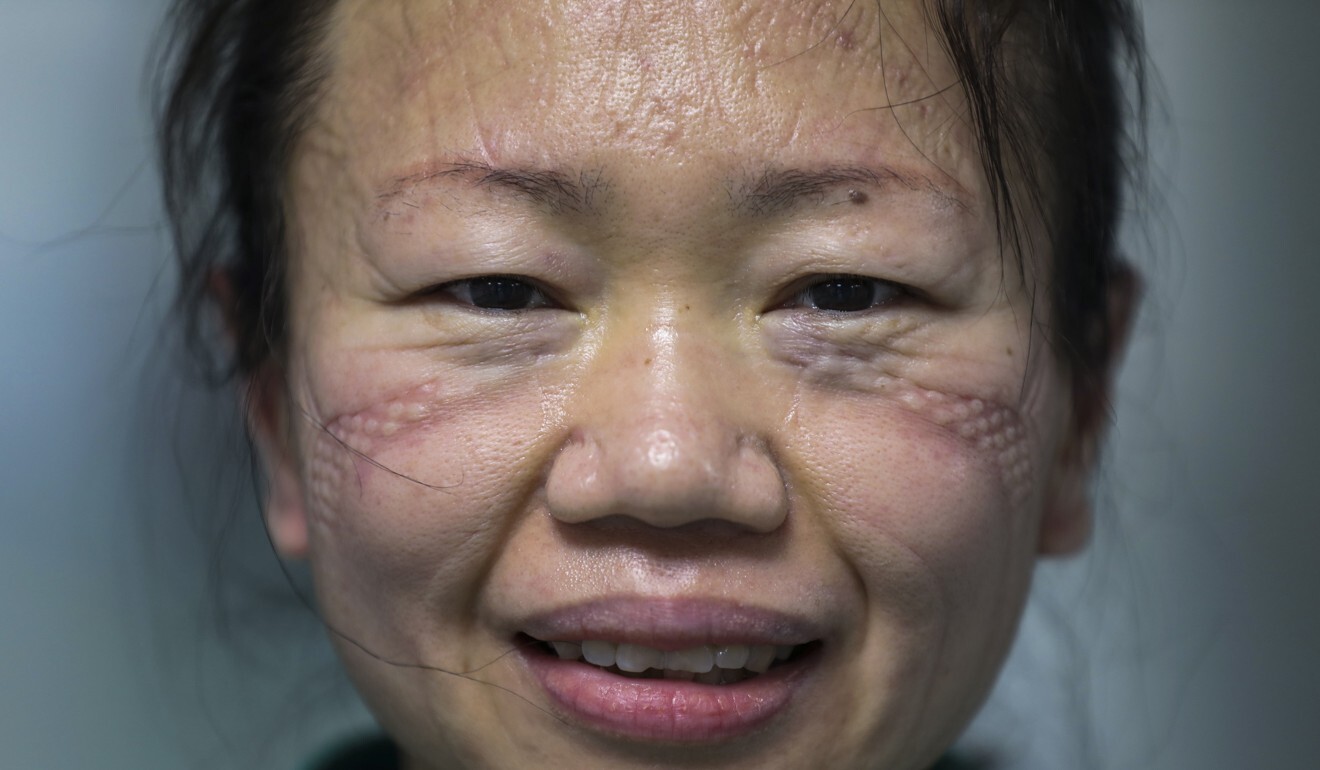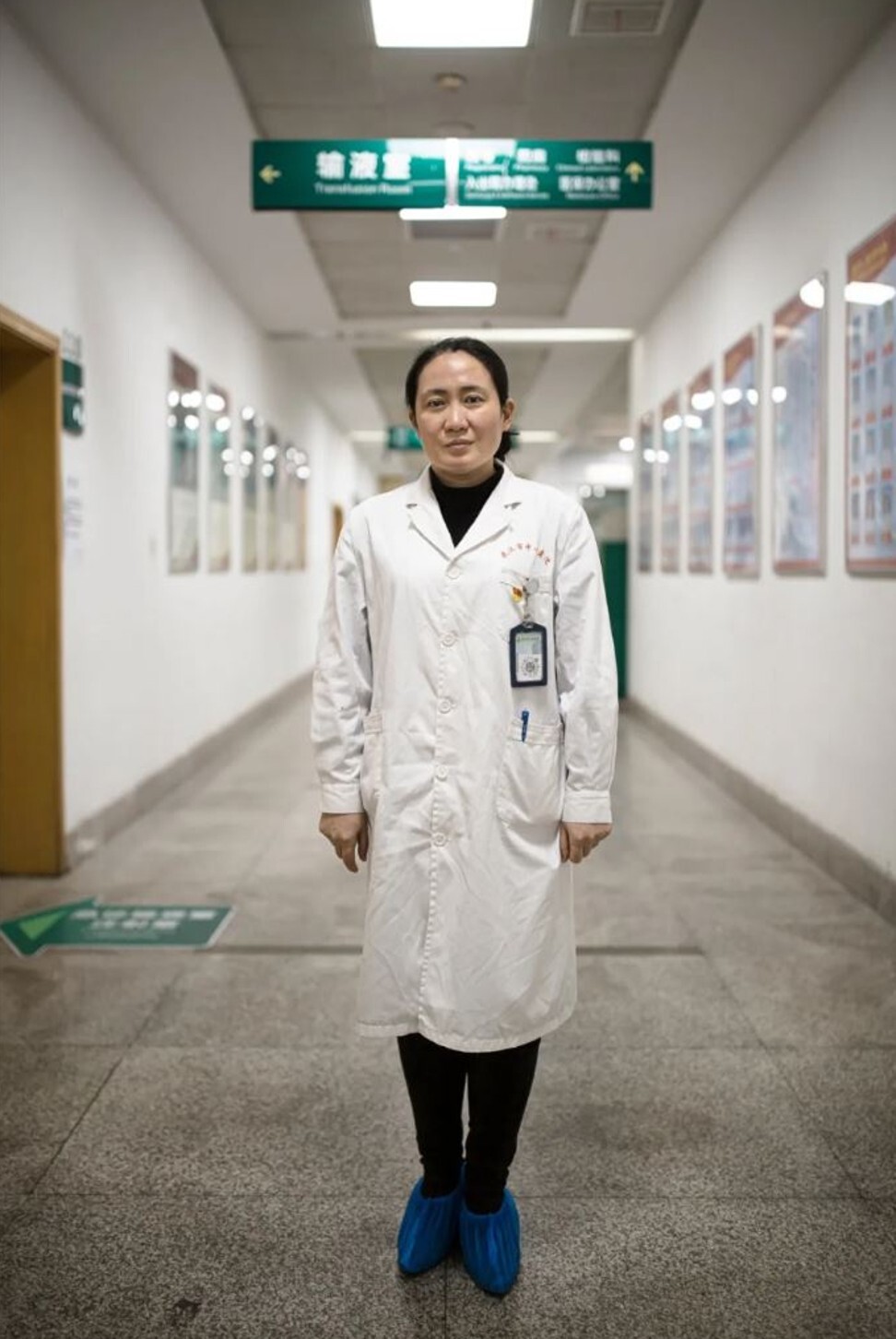
What Wuhan’s frontline medical workers can teach the world about the Covid-19 mental health battle
- The war against Covid-19 has left many Chinese health care workers suffering from depression, anxiety, insomnia and distress
- Support from coworkers and the wider community provided a lifeline during the darkest of times
The recent suicides of health care workers in New York brought attention to the Covid-19 mental health crisis emerging in the US and Europe. Yet in Wuhan, ground zero of the global pandemic, health care workers’ reports of burnout, trauma and emotional distress were already common in February.
By analysing frontline experiences in Wuhan, we have identified three major sources of mental distress among health care workers. The traumatic experiences and mental health needs of frontline health care workers around the world require immediate attention.
Their feelings of powerlessness increased when they witnessed the massive loss of life; bursting into tears became a common experience. In an interview, Dr Shengqing Li, working in the intensive care unit at Tongji Hospital in Wuhan, lamented, “It’s too tragic” and that “patients died without dignity or loved ones around”.
These “battle” experiences could cause post-traumatic stress disorder and will undoubtedly have lasting effects on frontline health care workers’ mental health.
In addition to medical care, health workers provided intensive emotional support. As patients were isolated from family and friends, the duty to relieve emotional stress fell on doctors and nurses. They were the only ones available to calm the angry, cheer the depressed, and sympathise with patients’ physical and emotional suffering.
Even as they took on others’ emotional burdens, health care workers had no outlet for their own. They had to manage their feelings by hiding or numbing themselves to put on a positive front. In one news report, Yinglan Liao, a nurse at Wuhan Central Hospital, said she cried alone for hours trying to “hide the emotion and press it down.”
How Wuhan and the coronavirus are shaping China’s medical reforms
If their family members got infected, hospital workers had to play yet another role – locating scarce hospital beds for their loved ones. If a family member died, most health care workers had no time to mourn but immediately returned to work.
Medical workers, who were fortunate enough to have healthy family members, were tormented by guilt. To prevent household transmission, frontline health care workers lived separately from their families. Because Dr Fen Ai never went home during the outbreak, her newborn baby could not even recognise her when she finally did.
Psychiatrists go online to improve mental health amid pandemic
Established methods of easing the burden on medical workers, such as preventing excessively long shifts, providing clear guidance, or offering logistical support and counselling, are not always possible in an unprecedented outbreak.
When a mental health organisation mobilised 100 counsellors to provide services for doctors, it soon found that frontline workers simply did not have time to seek help.
However, there was a silver lining even during that dark time – community support. Health care workers who got infected and were placed in isolation formed a strong virtual community to support each other.
In one emergency department, more than 40 people were infected. They formed an “emergency sick group”, later renamed the “emergency refuelling group”, where each member checked in daily and provided encouragement to others in the group.
Wuhan hospitals back to normal as last coronavirus cases go home

As the Covid-19 situation evolves rapidly and many health care workers continue to rise to the call of duty, their mental health should be a focus of public concern.
Going forward, we need to consider the multiple roles borne by health care workers and the vast emotional burden they bear. Those on the front lines are sacrificing so much for our sake, but our superheroes need our help just as much as we need theirs.
Siqi Xiao is a graduate student in the Department of Sociology at the University of British Columbia. Yue Qian, PhD, is an assistant professor of sociology at the University of British Columbia. They are currently working on a research project about mental health consequences of the quarantine in Wuhan, funded by the Canadian Institutes of Health Research
Help us understand what you are interested in so that we can improve SCMP and provide a better experience for you. We would like to invite you to take this five-minute survey on how you engage with SCMP and the news.



